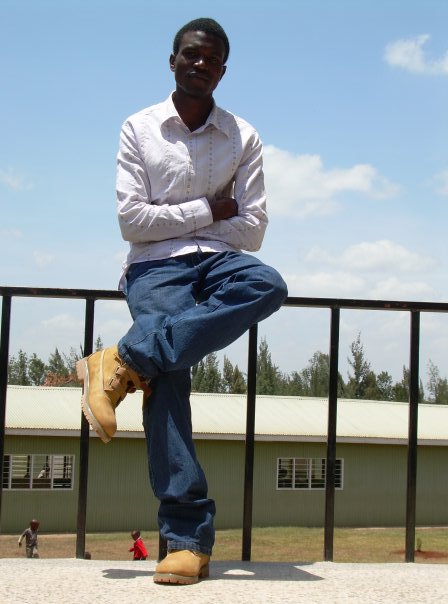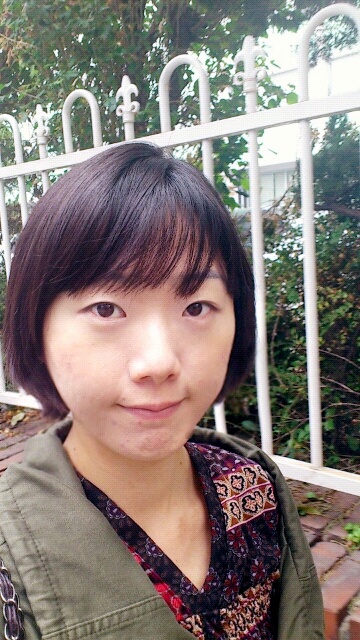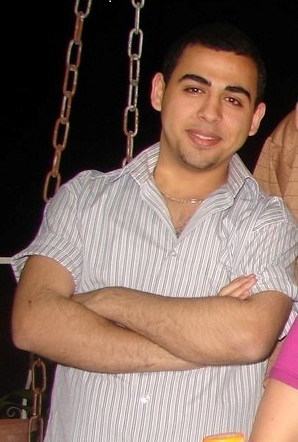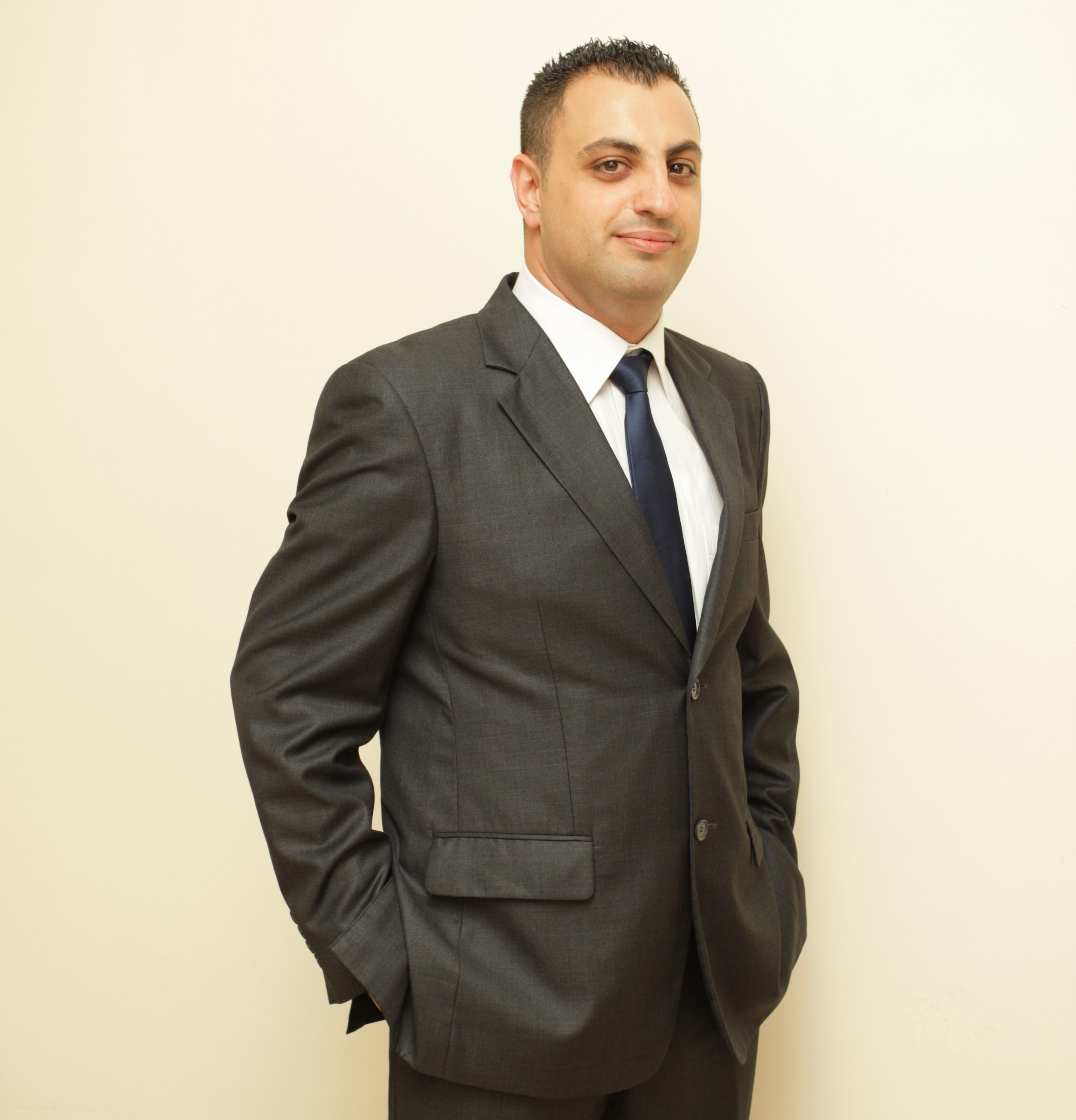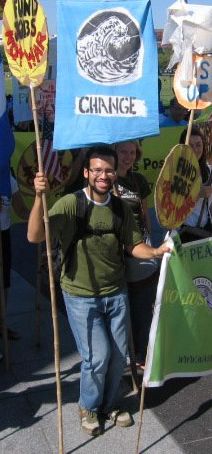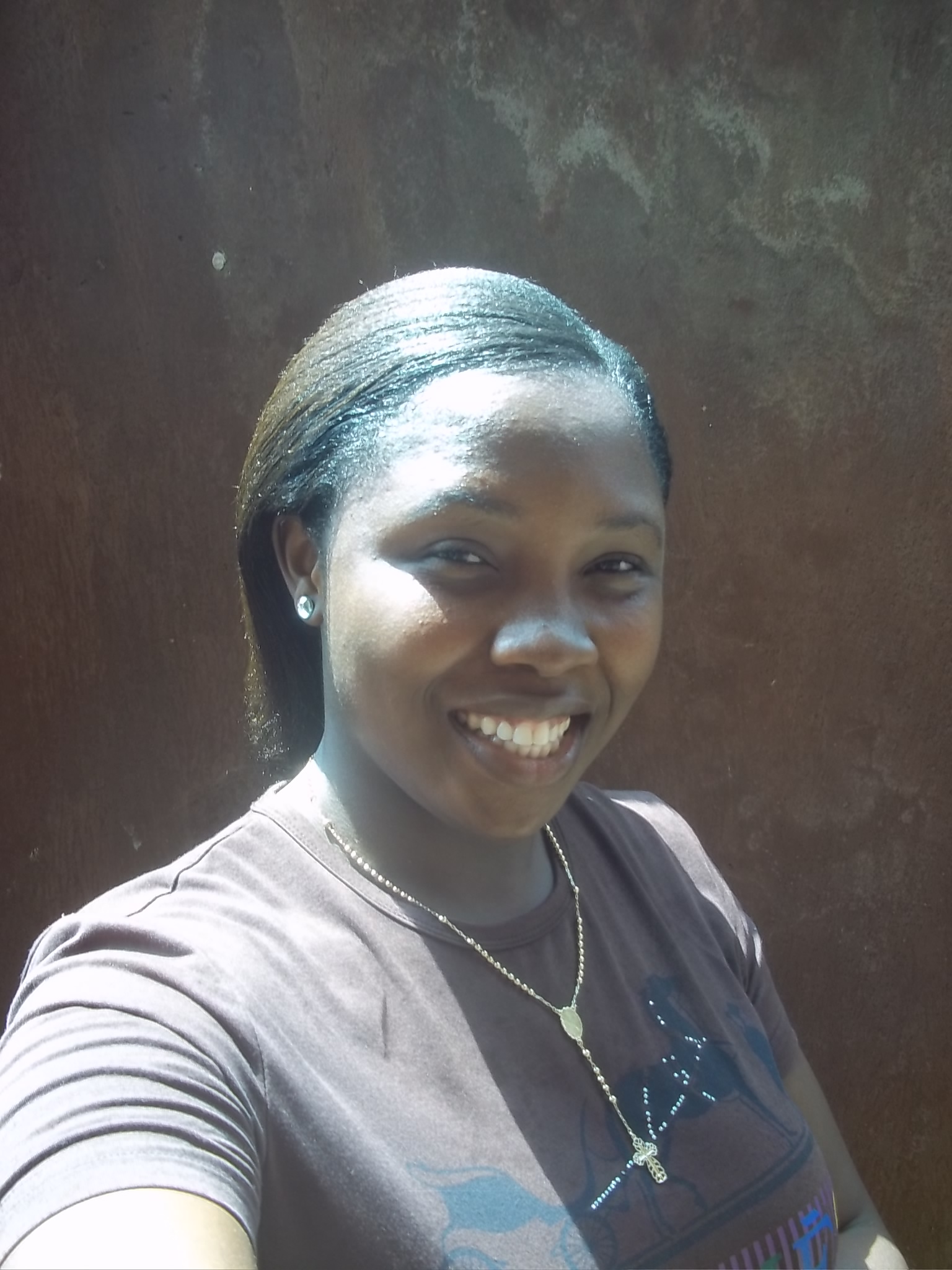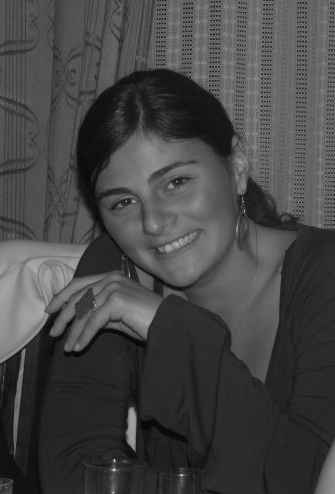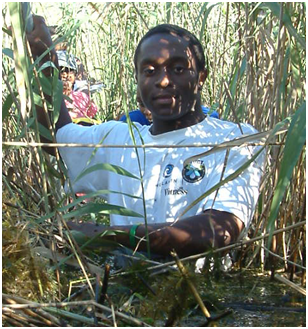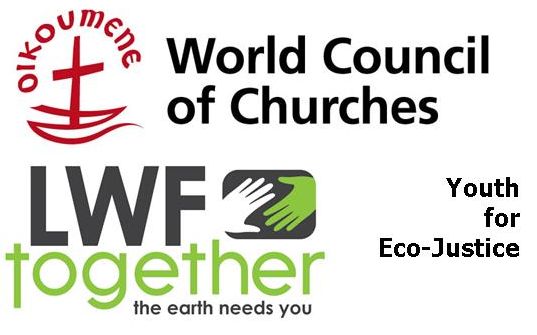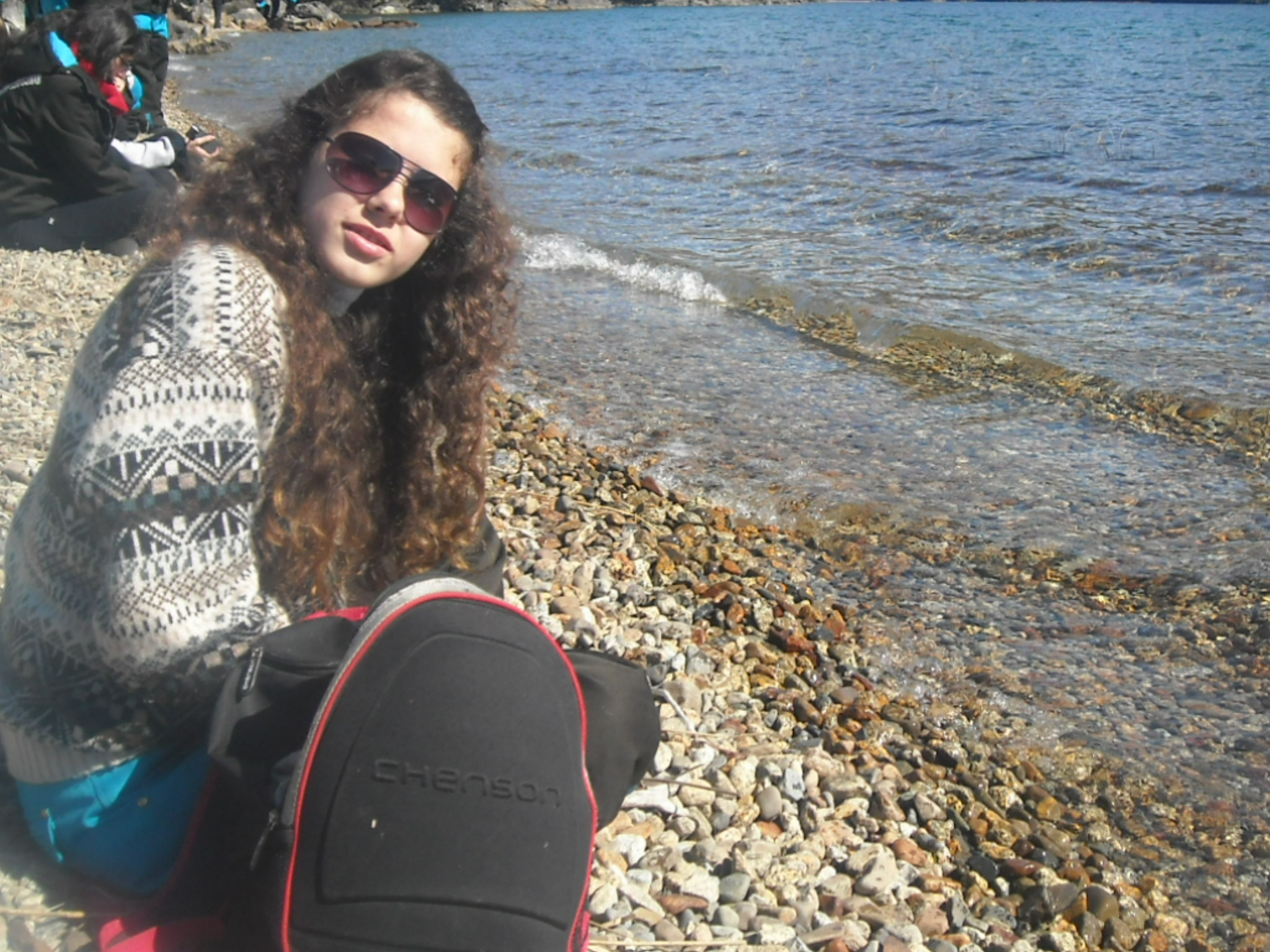 The World Council of Churches and the Lutheran World Federation co-organize Youth for Eco-Justice, starting parallel to the UN Climate Change Summit in Durban, South Africa, at the end of November. In a series of blog posts, the participants are introducing themselves
The World Council of Churches and the Lutheran World Federation co-organize Youth for Eco-Justice, starting parallel to the UN Climate Change Summit in Durban, South Africa, at the end of November. In a series of blog posts, the participants are introducing themselves
Name: Malena Lozada Montanari
Age: 18 years
Function: Student of Senior Year at Colegio Nacional de Buenos Aires
Country of Origin: Argentina
Church of Origin: Evangelical Methodist Church of Argentina
What is really important for your life?
It is very important for me to look forward a more equilibrated world, where people can live in peace with nature and between them, learning about its importance, not destroying it. I think people don’t realize that we are destroying our world and we are destroying each other, every time we think only just in us or in our own interests, and we don’t want to see that our brother may need a little of help.
I wish to put my effort for a world with more justice, reducing the gap between rich people and poor people, a place where everyone has his rights and can fight for them.
I am actually passionate about all the phenomena that happen on Earth, both natural and actions of men, how they affect the environment, or which kind of human actions are friendly to the planet. It is in us changing the bad behaviours and developments and tries to create a better world.
I think this topic should especially matter to youth people. It is the future, if we don’t care about our things no one will care about.
What are your wishes for the negotiation on Climate Change in Durban?
It is my wish that the leaders of the Nations could arrive to an arrangement about how to reduce the Climate Change and how to promote social conscious about it. It is my desire that the leaders can put aside personal interests of their own countries and economies to ensure the interest of the whole world.
What would you like to do so that your church/country becomes more environmentally just?
The first step is the knowledge we can have about these problems. I am very interest and with great expectations about what I will learn during this training program, in order to have all the necessary tools.
It is important to help people to become more aware about ecological issues in their own country, which are the causes of some problems, what can be changed, how dangerous some activities can be, and to know how everyone can make a difference.
To this end I would like to promote debates where everyone could give their opinion about specific problems, and to discuss possible solutions and ways to move in this direction
It is definitely very important to educate children in eco-justice because they are our future and they have to know that each human action impacts on the environment.
Finally, I think that another important action is to form a group in my church, which would be in charge of teaching and promoting actions and solutions for the problems.

